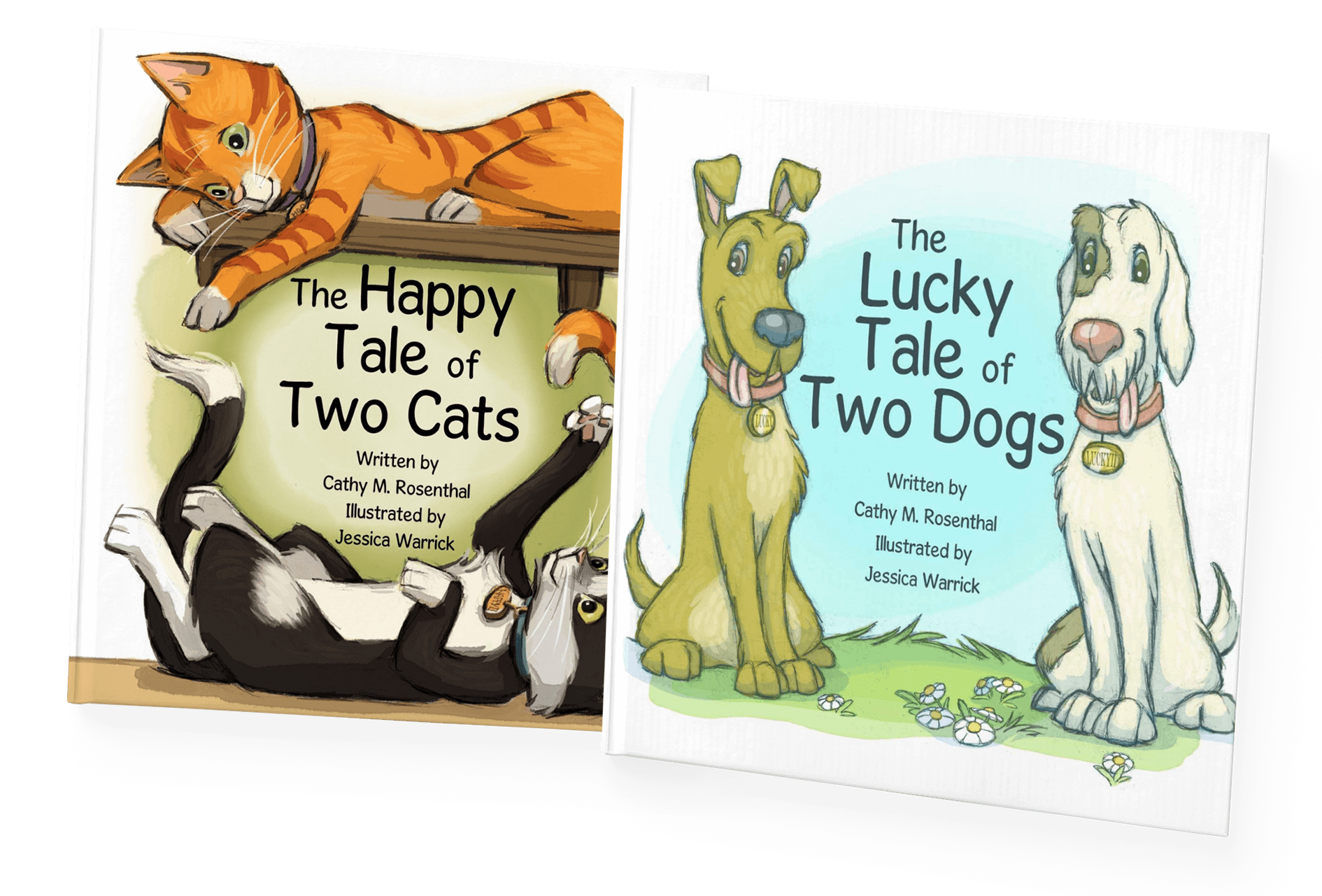Curiosity can kill the cat, but it can kill the dog also. In 2008, the ASPCA Animal Poison Control Center (APCC) in Urbana, IL, handled more than 140,000 cases of pets exposed to toxic substances, many of which included everyday household products kept around the house. Based on those calls, here’s the ASPCA’s top 10 pet poisons of 2008 and some suggestions on how to prevent your pets from harmful exposures.
Human prescription medications – 50,000 calls
Some pets can chew through medicine bottles and other plastic pill containers in seconds. Keep all your medications in an upper cabinet.

Insecticides – 31,000 calls
These calls mostly involved pet parents applying flea preventatives inappropriately. Get with your vet and make sure you are doing it right.
Human food – 13,500 calls
Pets love human food, but not all human foods are good for pets. Grapes, raisins, citrus fruit, onions, and the worst offender, chocolate, can cause great harm, from severe gastrointestinal problems to seizures and even death.
Rodenticides – 8,000 calls
Bait traps have an ingredient that attracts rats and mice, but also attracts dogs and cats too. Keep pets out of areas with bait traps or place the traps in places where your pets can’t go. Keep in mind, cats can get almost anywhere.
Veterinary medications – 8,000 calls
Much like insecticides, this involves pet parents not dispensing veterinary-prescribed medications properly. Again, get with your vet and find out exactly how to apply and administer these medications.
Chemical Hazards – 7,500 calls
From paint thinners to cleaning chemicals, all the stuff that is dangerous to children is dangerous to pets too. Put chemicals out of reach or behind child-proof locks.
Houseplants – 6,500 calls
A few chewed leaves can be fatal if it’s the wrong houseplant. Don’t keep any plants in your home that are dangerous to pets. Click here for a complete list of plants to avoid.
Household Cleaners – 4,000 calls
Bleach and other detergents can be dangerous to inhale, especially for smaller lungs. Keep your pets away when you are using cleaning chemicals in the home.
Heavy Metals – 3,000
Mostly found in paint chips, lead dust, and even linoleum in older homes.
Fertilizer – 2000 calls
Use natural products marked safe for pets, but also keep pets off the lawn for at least 24 hours after it’s treated to reduce exposure. Don’t leave your pet outside sleeping and playing on a treated lawn all day.
If you suspect your pet has ingested something, please contact your veterinarian, local pet emergency clinic, or the ASPCA’s Animal Poison Control Center’s 24-hour hotline at (888) 426-4435. Visit the ASPCA’s Animal Poison Control Center for more information on protecting your pet.
For more information on this article and the types of things pets actually ingested in 2008, click here.




